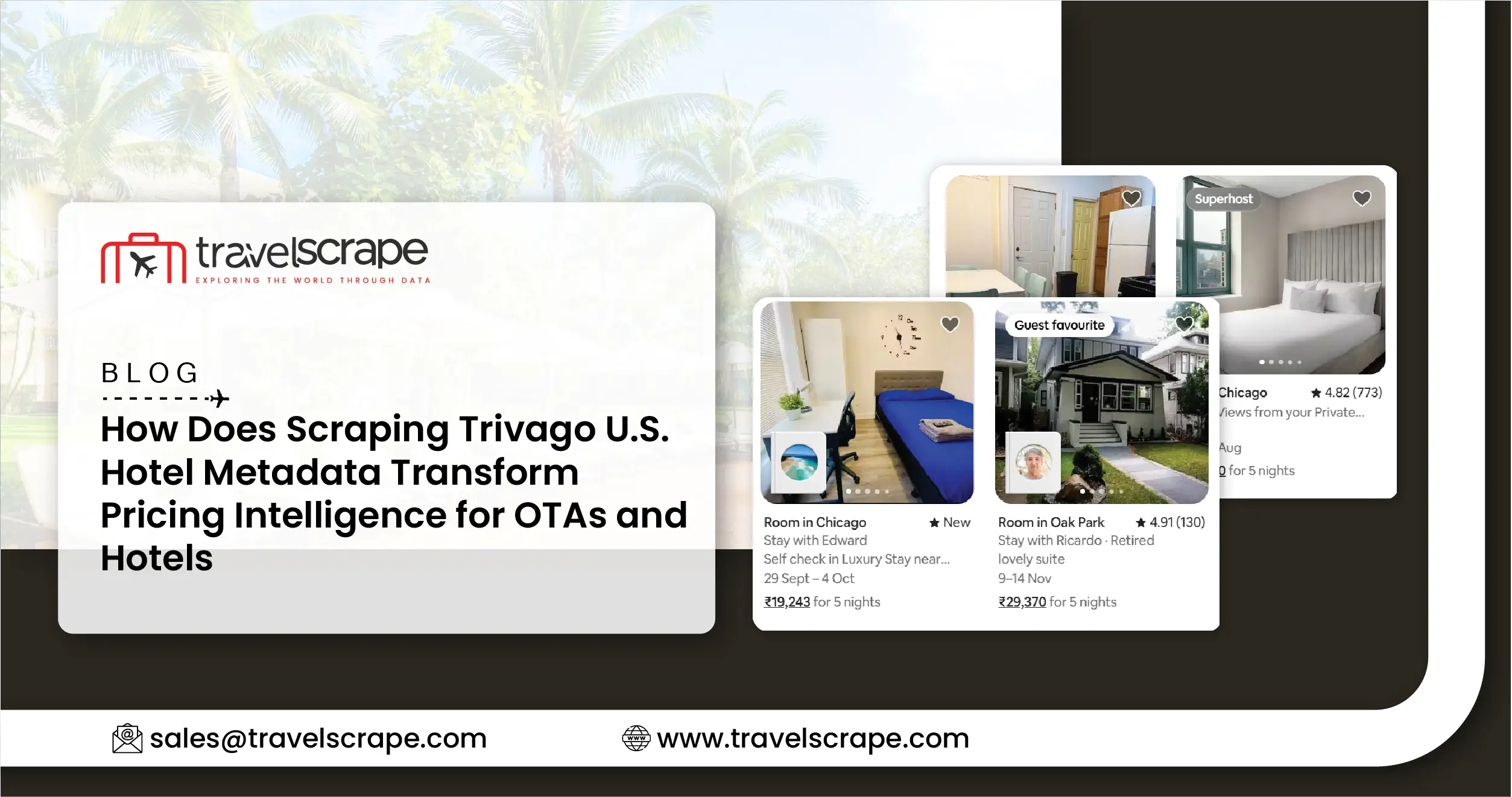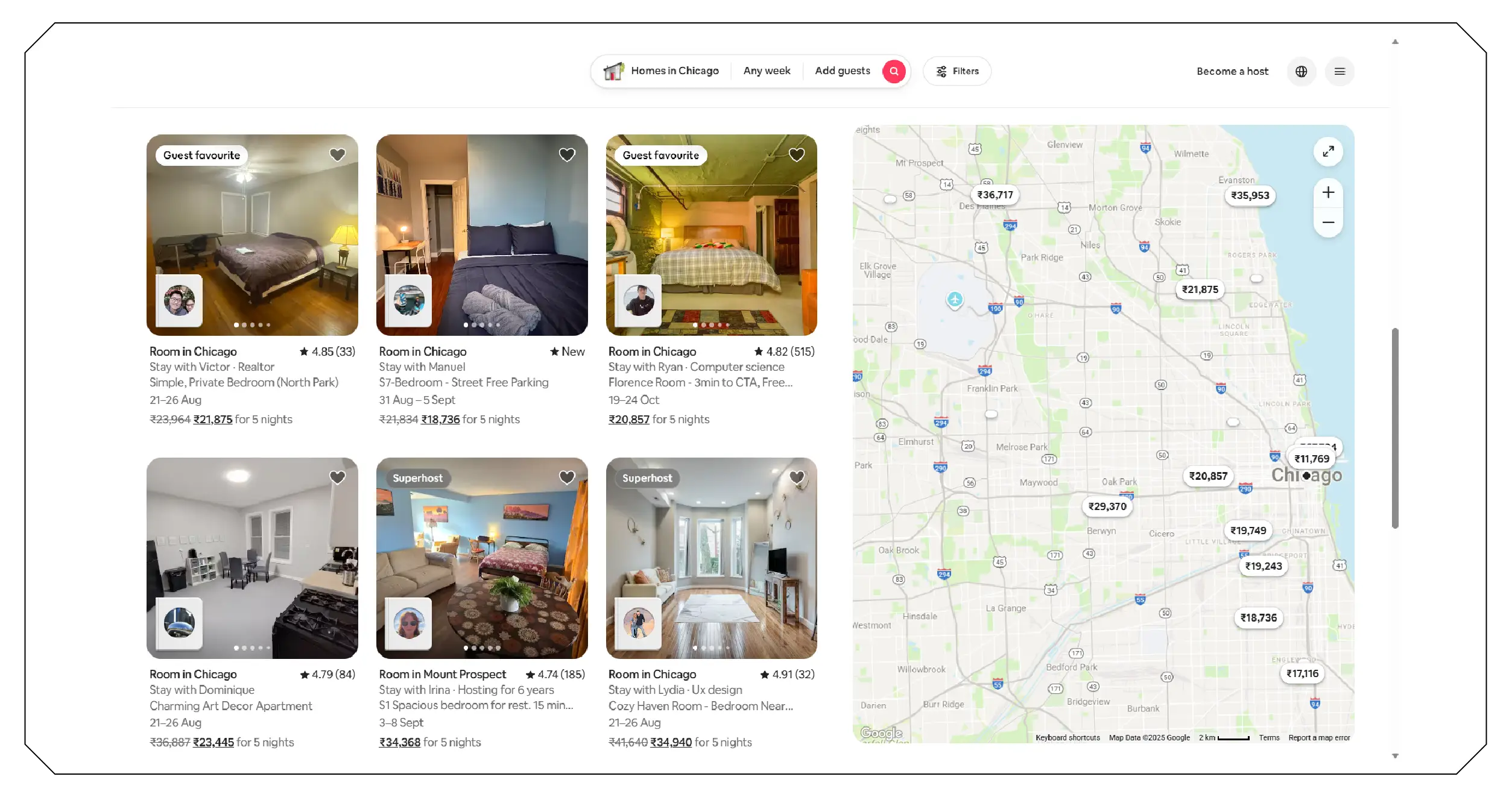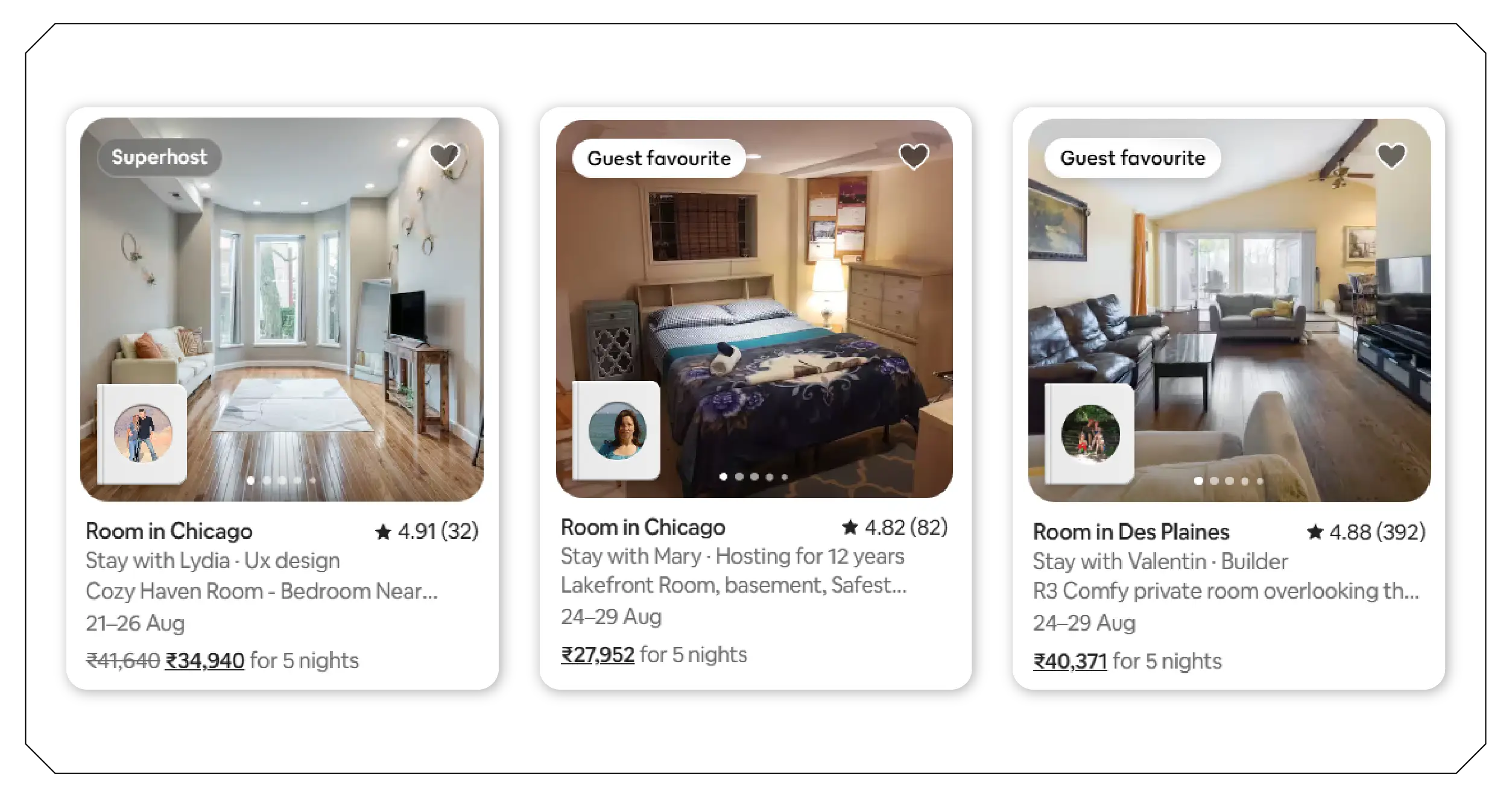How Does Scraping Trivago U.S. Hotel Metadata Transform Pricing Intelligence for OTAs and Hotels?

Introduction
In today’s competitive hospitality industry, data plays a central role in shaping travel experiences, pricing strategies, and customer satisfaction. Online Travel Agencies (OTAs) and hotel chains are constantly seeking ways to monitor competitors, optimize room rates, and improve visibility on metasearch platforms. One of the most effective ways to achieve this is by Scraping Trivago U.S. Hotel Meta Data, which offers profound insights into pricing, room availability, and consumer reviews.
Businesses often need to Scrape OTAs For Hotel Rate Parity in real-time to ensure their properties remain competitive across multiple booking platforms. Price discrepancies between OTAs can directly impact booking conversions and brand trust.
For OTAs and hoteliers, Trivago price scraping for OTAs provides a direct window into how competitors structure their pricing strategies, enabling timely adjustments and consistent rate management.
Why Trivago Data Scraping Matters?

Trivago is one of the world’s leading hotel metasearch engines, aggregating prices from hundreds of booking sites and OTAs. This aggregation makes it a goldmine for market intelligence.
By leveraging Trivago U.S. hotel price analytics scraping, businesses can analyze trends across thousands of hotels in different states, identify competitive shifts, and anticipate demand surges. Having access to these datasets helps hotels maintain competitive positioning and maximize revenue.
Another significant use case is building a Trivago Hotel Room Rates Dataset , which includes structured details on nightly prices, discounts, amenities, and booking options. Such datasets empower analysts to uncover patterns in room pricing and availability.
Additionally, travel technology providers can utilize Real-Time Travel App Data Scraping Services to integrate Trivago data into dashboards or mobile apps, providing customers with up-to-date information on hotel availability and pricing.
The advantages extend further with Centralized Hotel Data Scraping , where data collected from Trivago is combined with information from other OTAs, creating a unified, reliable source of truth for rate intelligence.
Another critical application is the ability to Scrape Trivago Hotel Review and Pricing Data to monitor customer sentiment alongside price competitiveness. Reviews reveal traveler expectations, while pricing insights ensure market positioning.
Lastly, hotel groups often need to scrape Trivago U.S. hotel metadata for price parity, ensuring their direct booking channels reflect competitive and consistent rates compared to OTAs. This parity directly impacts brand trust and booking decisions.
Key Benefits of Scraping Trivago U.S. Hotel Metadata
Key Benefits of Scraping Trivago U.S. Hotel Metadata include accessing real-time hotel pricing, ratings, amenities, and availability. This empowers travel platforms to optimize listings, track market trends, improve competitiveness, and provide users with transparent, data-driven accommodation choices.
- Price Parity Monitoring: One of the biggest challenges for hotels is ensuring that prices remain consistent across different booking platforms. Trivago’s metasearch functionality highlights discrepancies quickly, making it essential for hotels to monitor pricing regularly.
- Competitive Benchmarking: Scraping Trivago data allows businesses to see how competitors structure their room pricing, discounts, and promotions. This benchmarking helps hoteliers position themselves strategically in the market.
- Regional and Seasonal Insights: Data from Trivago can reveal how pricing fluctuates across U.S. cities and during different travel seasons. Such insights are crucial for revenue managers planning seasonal strategies.
- Enhanced Customer Understanding: Scraping reviews alongside pricing data helps businesses understand traveler sentiment. It gives a dual advantage: monitoring satisfaction while aligning prices with perceived value.
- Data-Driven Revenue Strategies: With access to structured datasets, hotels can implement dynamic pricing models, predict demand, and maximize occupancy rates without undercutting profitability.
Building a Trivago Scraping Workflow
Scraping hotel metadata requires a systematic and scalable approach to ensure accuracy. Here’s how businesses typically build a practical scraping framework:
- Step 1: Define Objectives:
Hotels must first outline whether they’re focusing on price parity, competitive benchmarking, or customer sentiment analysis. - Step 2: Identify Target Parameters:
Important parameters include room type, nightly price, included amenities, booking platform, customer ratings, and location. - Step 3: Scraping Infrastructure:
Developers use Python frameworks like Scrapy, Selenium, or BeautifulSoup, along with rotating proxies, to collect large datasets reliably. - Step 4: Data Cleaning and Deduplication:
With multiple OTAs listing the same property, duplicates are common. Data must be cleaned and normalized for accuracy. - Step 5: Storage and Integration:
Clean datasets are stored in relational databases or cloud data warehouses. Integration with analytics tools ensures actionable insights. - Step 6: Visualization and Reporting:
Using dashboards like Tableau or Power BI, managers can visualize pricing patterns and competitive positioning effectively.
Applications Across Stakeholders

- For Hotels:
Hotels use scraping to monitor how their properties are priced across OTAs, ensuring consistent pricing and strong direct booking strategies. - For OTAs:
OTAs gain competitive insights by analyzing how rivals position similar properties. They can optimize commission structures and promotions accordingly. - For Investors:
Real estate investors use scraped datasets to evaluate market trends, occupancy rates, and pricing strategies before making investment decisions. - For Travel Tech Startups:
Startups can integrate real-time Trivago data into apps, helping users make informed choices while ensuring platform relevance.
Challenges in Scraping Trivago Data
- Data Volume: The sheer scale of listings makes scraping resource-intensive, requiring robust infrastructure.
- Duplicate Data: Multiple OTAs listing the same property can create duplicates, which need deduplication strategies.
- Frequent Site Updates: Trivago frequently updates its site structure, requiring adaptive scraping strategies.
- Legal and Ethical Considerations: Scrapers must comply with the terms of service and relevant data protection laws.
- Data Quality Assurance: Ensuring scraped data is accurate and up-to-date requires continuous monitoring and validation.
Pricing Trends in the U.S. Hotel Market
- Increased Competition Among OTAs:
With multiple booking channels vying for customers, price discrepancies are common. - Dynamic Seasonal Pricing:
Rates spike during holidays, conventions, and peak travel periods, while off-season discounts grow deeper. - Rise of Sustainable Hotels:
Eco-friendly properties are increasingly charging premiums, driven by traveler demand for green experiences. - Technology-Driven Flexibility:
Hotels offering digital check-ins, flexible cancellations, and smart-room features often enjoy higher pricing power. - Extended Stay Demand:
Remote work culture has boosted demand for week-long or month-long stays, shifting revenue strategies.
Future of Hotel Data Scraping

As the hospitality sector continues to evolve, scraping tools will play a larger role in revenue management and competitive positioning. Predictive analytics, machine learning, and AI will enhance how scraped data is used, enabling real-time decision-making for hotels and OTAs.
Data-driven strategies will no longer be optional but essential for survival in an increasingly competitive market.
How Travel Scrape Can Help You?
- Accurate Real-Time Insights: Our travel data scraping services deliver up-to-date airline, hotel, and booking information, ensuring your business always stays ahead in pricing, availability, and customer experience insights.
- Structured Travel Datasets: We provide clean, structured datasets tailored to your requirements, enabling easy integration with CRMs, dashboards, and pricing engines, while maximizing value extracted from raw travel and tourism data sources.
- Competitor Pricing Analysis: By scraping competitor fares, packages, and seasonal offers, our services empower you to make smarter decisions, optimize marketing campaigns, and offer better deals than rivals across the travel industry.
- Scalable Data Solutions: Whether you require thousands or millions of data points, our scraping services ensure consistent, high-quality output without sacrificing speed, making them ideal for businesses of any scale.
- Market and Demand Insights: We help you track airline routes, hotel availability, destination demand, and fare fluctuations, allowing your business to anticipate travel market shifts and evolving customer preferences effectively.
Conclusion
Scraping Trivago hotel data equips stakeholders with actionable insights into pricing, availability, and consumer behavior. From building competitive benchmarks to ensuring pricing parity, this approach helps businesses remain agile in a shifting travel landscape.
With Trivago U.S. hotel rate scraping for OTA, companies can consistently monitor competitive rates across booking channels. Additionally, extracting Trivago hotel metadata to compare OTA prices empowers stakeholders to make more accurate pricing decisions. Finally, scraping Trivago U.S. hotel data for rate intelligence ensures that businesses stay ahead of competitors, delivering value to both hoteliers and travelers alike.
Ready to elevate your travel business with cutting-edge data insights? Get in touch with Travel Scrape today to explore how our end-to-end data solutions can uncover new revenue streams, enhance your offerings, and strengthen your competitive edge in the travel market.